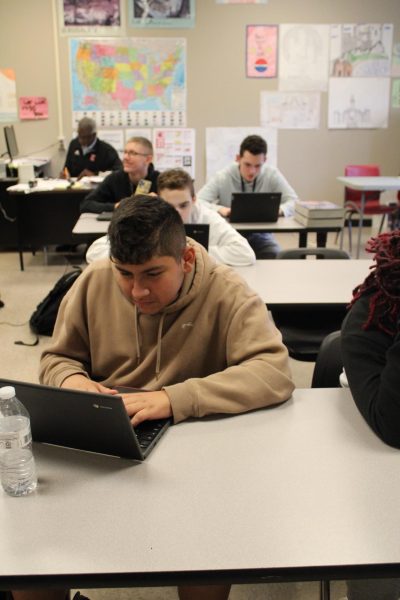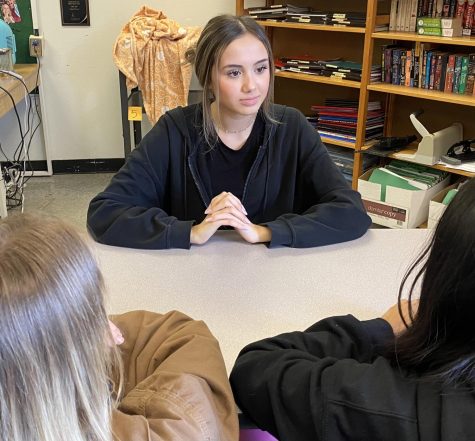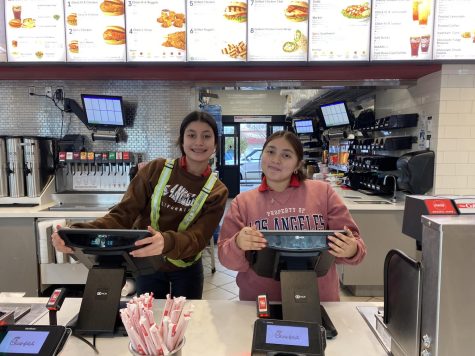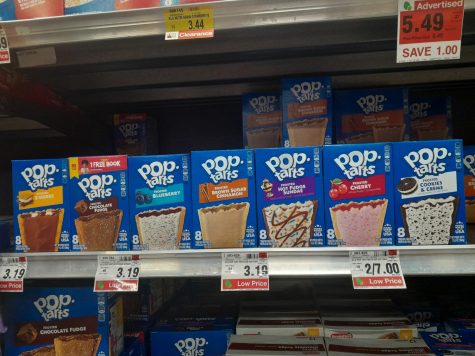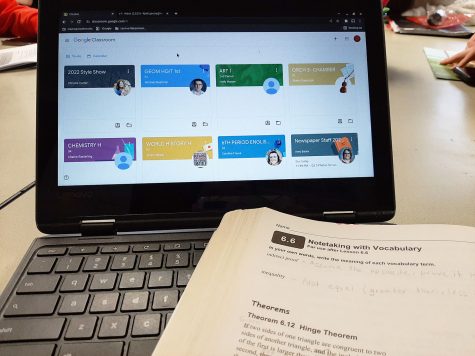Should you recycle, Will it make a difference?
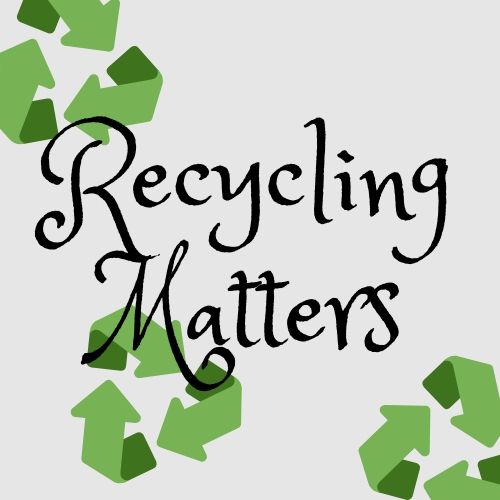
Made by Carlie Massey with Canva.com
Recycling has the potential to change the planet, the atmosphere, and the future.
With the rise of Greenhouse gases, pollution, and plastic use in everyday life, America has been faced with a smelly issue: trash. Landfills are rapidly overflowing with mounds of trash that could be recycled and used again.
Americans should recycle their trash in order to decrease the waste found in landfills.
Recycling was introduced with the ‘environmental movement’ in the 1970s. However, it has been around for thousands of years. Before the industrial age, people could not create products quickly, so manufacturers were driven to use recycled products, even if their intention was not to help the environment. Despite this, large-scale recycling programs were not common. Recycling was mainly a household concept.
Nine-tenths of all waste has not been recycled. Landfills are the biggest contributor to soil pollution. Eighty percent of the items in these landfills could have been recycled. With the U.S. recycling rate to be around 34.5%, the possibility of us rising to a rate of 75% would be the equivalent of removing 50 million passenger cars for the roads in America.
If every American recycled just one-tenth of their newspapers, we would save about 25,000,000 trees a year
— The University of Southern Indiana
Recycled paper saves 17 trees, 7,000 gallons of water, 463 gallons of oil, and 3 cubic yards of landfill space. Recycled plastic can save up to 16.3 barrels of oil. Recycled steel can save 1.8 barrels of oil and 4 cubic yards in landfills. Un-recycled aluminum is enough to rebuild the US commercial air fleet four times. The University of Southern Indiana reported, “If every American recycled just one-tenth of their newspapers, we would save about 25,000,000 trees a year.”
Recycling is taking used materials and making them into new products that can be used again. Products that are not made from recycled materials are made with new materials formed by gathers fresh, raw materials from the Earth. Recycling helps by conserving raw materials. Creating products through recycled items requires less energy than creating products through raw materials.
It also saves money to create items through recycled materials. Recycling also cuts back the need for mining, logging, etc. These actions create air and water pollution. Recycling decreases the amount of pollution produced in making products.
A recycling bin costs $5 to $25 for pickup and can help the environment tremendously. Items such as paper, cardboard, metal cans, and plastic can be recycled.
In order to recycle cardboard, make sure it is flattened. Be sure that there are no food contaminates or liquid on the paper or cardboard.
Additionally, bubble wrap or other forms of plastic must be removed from paper items before throwing them in the recycle bin. Metal cans must be dried, with paper or plastic labels removed.
Plastics such as water bottles, milk jugs, detergent containers, and other hard plastics can be recycled, but flexible plastics cannot be. These include grocery bags, bubble wrap, or styrofoam. Lids are too small to be recycled by themselves, so be sure to attach them to their containers or simply throw them away.
A rule of thumb for flexible plastics is this: if you can poke your finger through it, it does not belong in the recycling bin.
Many people argue that recycling is too hard or too difficult, but in actuality, it is not. Recycling does not have to be strictly buying a recycling bin, separating trash from recyclables. Recycling can occur in small ways such as using a reusable container when packing lunches or dinners rather than using plastic bags. Or investing in a reusable water bottle rather than buy many plastic water bottles.
It can also be helpful to carpool or ride a bike to commute to work. This will help to make your commute ‘green.’ Recycling can be found in everyday life and does not have to be restricted to sorting trash and buying a recycling bin.
There are many ways Americans can help recycle, and it is up to us to provide a clean world for future generations. Recycling is important. With recycling, the climate and world can change.


